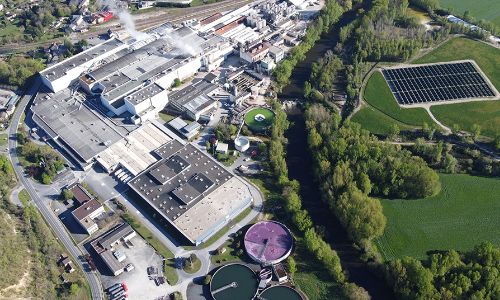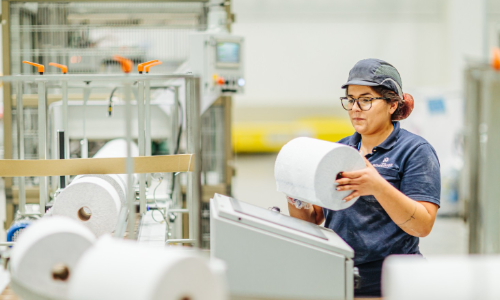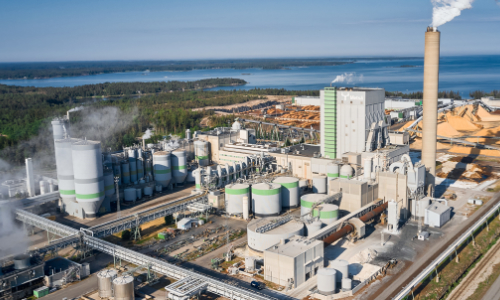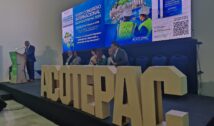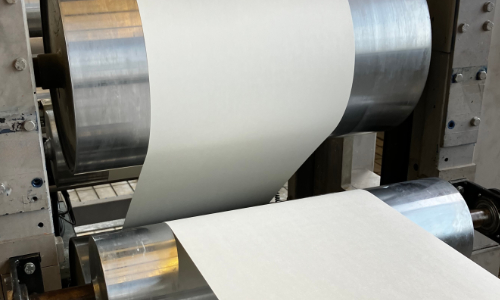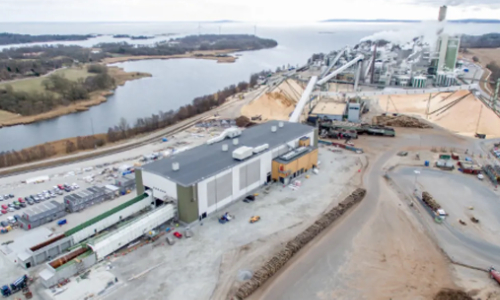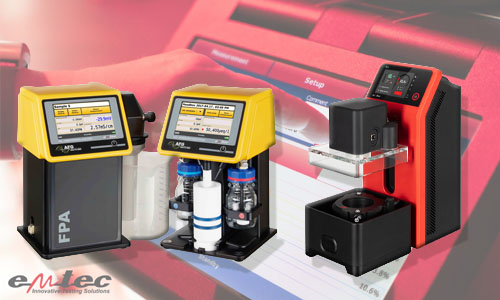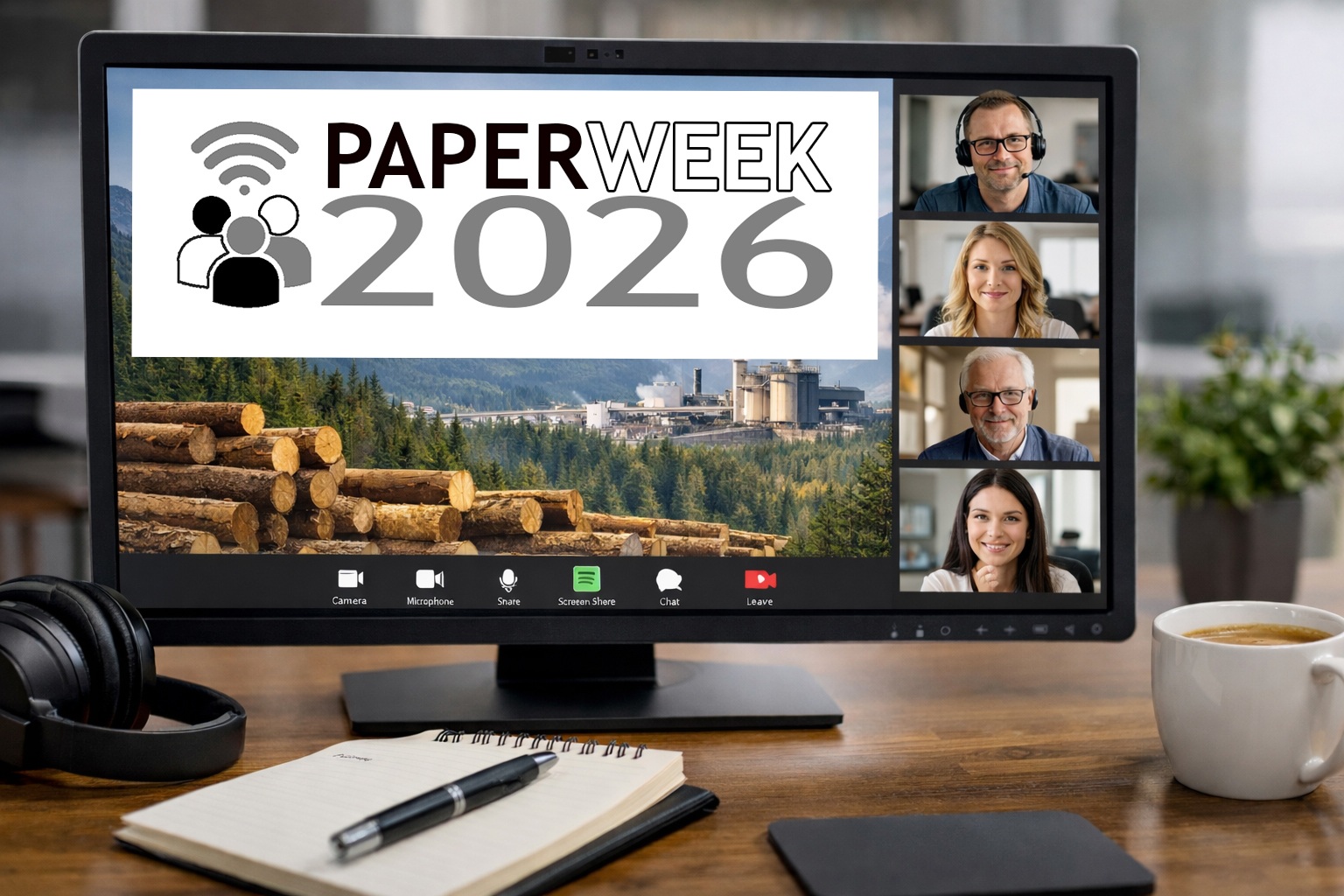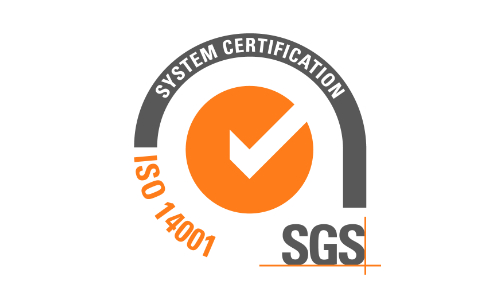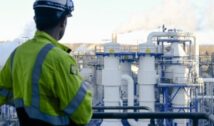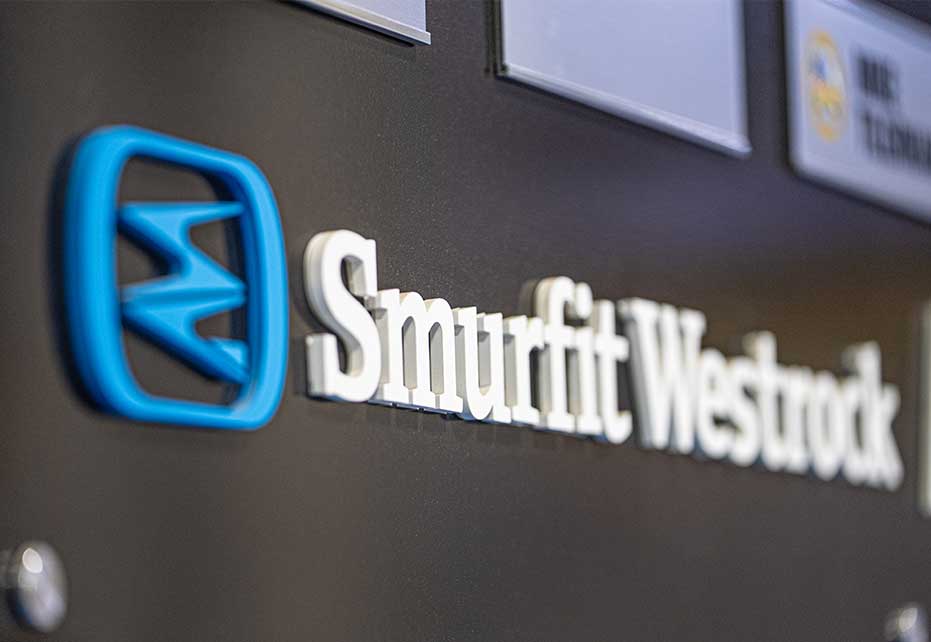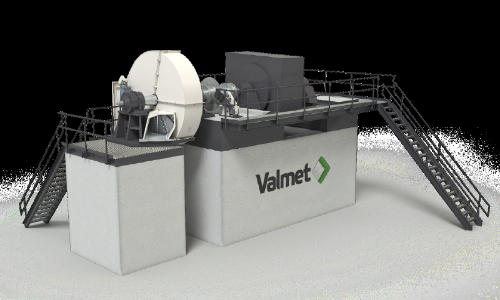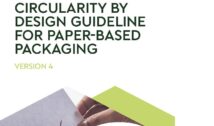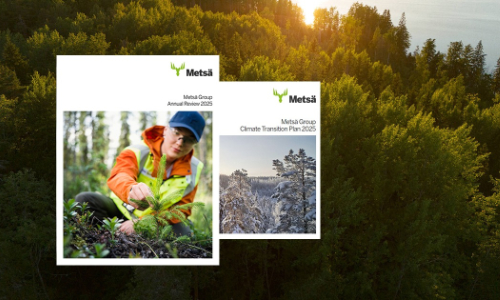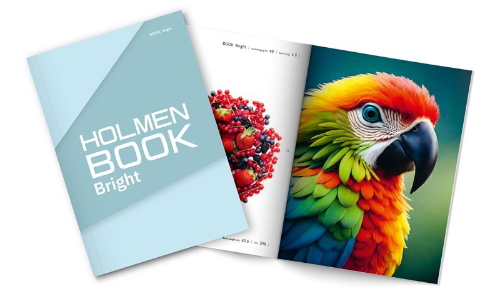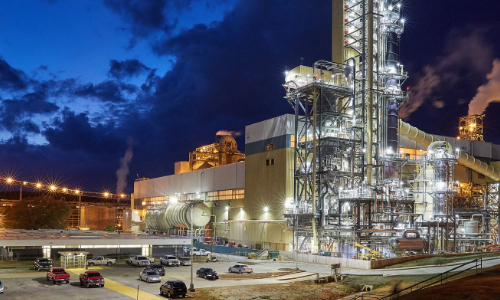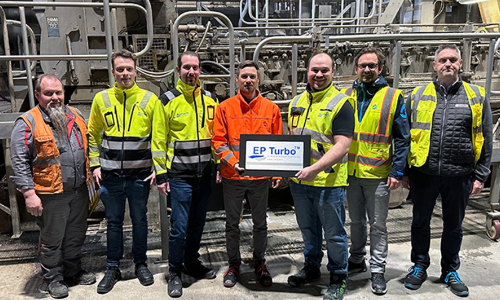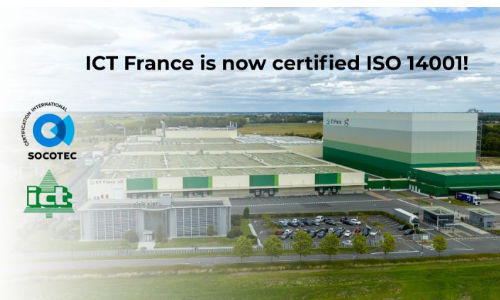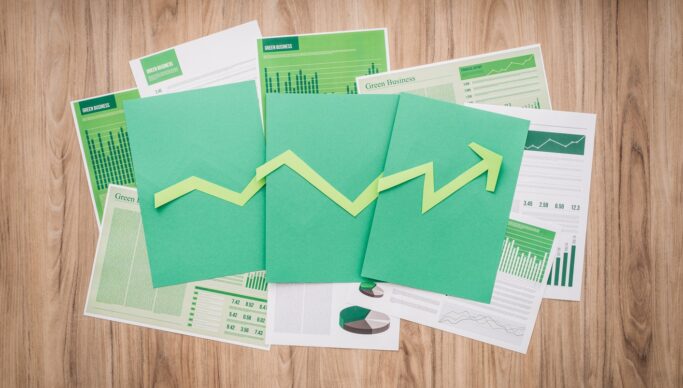
RDM Group marks major milestone as 2025 recycling target hit
RDM Group announces significant progress in its sustainability efforts. Its newly released Sustainability Report highlights the Group’s accelerated progress towards ambitious 2030 targets, showcasing its commitment to a circular business model and collaborative value chain.
2024 was a year of multiple environmental gains for RDM Group as it delivered remarkable progress against its Sustainability-Linked Bond (SLB) targets. The Group achieved a 17% reduction in water discharge intensity compared to 2020, reaching 9.20m³/tonne in 2024.
RDM Group also significantly increased the share of waste sent for recovery by 17% since 2020, now standing at an impressive 89.7%, already surpassing its 2025 target (SLB) of 86.2%. Demonstrating its decarbonisation efforts, the Group delivered a substantial 9% reduction in carbon intensity from 2020 levels, bringing it down to 0.449 tCO₂e/tonne. These key achievements are attributed to a combination of process efficiency initiatives and increasing production volumes of recycled materials.
Circular economy progress
The Group’s well-integrated circular economy model also delivered impressive results in 2024. The company recycled a staggering 1,148,000 tonnes of paper, a volume equivalent to the annual paper waste generated by approximately 18 million people – exceeding the combined populations of Sweden and Denmark. This commitment extends to other environmental areas. For example, in Hoogezand, Netherlands, the Group closed an agreement with a key partner to produce biopolymers from wastewater.
Action for the environment
Environmental stewardship remains a central pillar for RDM Group, especially in managing energy and water usage – two of the largest contributors to the industry’s environmental impact. The company’s waste-to-energy (WTE) plants in Hoogezand and Fiskeby, Sweden, are at the forefront of this commitment. These facilities now generate thermal energy for the mills using refuse-derived fuel, which for the first time, contains a biogenic component exceeding 50%. This led to over 54,000 tonnes of carbon-neutral biogenic CO₂ emissions in 2024 and marks a significant step in sustainable energy production. In 2024, 42% of the total electricity purchased was from green sources (16% in 2023).
Reducing raw materials
Further demonstrating dedication to reducing its carbon footprint, RDM Group is working on a critical conversion project at its site in Arnsberg, Germany. This ambitious initiative aims to replace coal with a high-efficiency gas-powered cogeneration plant, with the first phase successfully initiated in 2024. Regarding water consumption, despite an increase in production volumes, the Group achieved a notable decrease in water consumption per tonne of saleable product in 2024. These improvements reflect the success of significant internal initiatives to promote water savings and enhance overall resource efficiency, aligning with the company’s 2030 target of 8.85m³/tonne.
Michele Bianchi, CEO of RDM Group, said: “At RDM Group, our commitment to sustainability is mirrored in every aspect of our business, with a particular focus on reducing environmental impact and promoting the circular economy. In 2024, we made significant progress toward our sustainability goals by improving operational efficiency and working with strategic partners to innovate and build new value chains. Thanks to the support of our customers and brand owners, we are contributing to a more sustainable future for the whole value chain”.
Beyond environmental metrics, the report highlights RDM Group’s dedication to its people and governance. The Group, employing approximately 2,100 direct staff across Europe, North America, and Asia, achieved ISO 45001 certification across nearly all its facilities by 2024, with a unified safety management system planned for all sites. The Group has steadily worked to increase the female workforce representation, reaching 11.2% in 2024, an upward trend from 9.5% in 2020, demonstrating a clear commitment to an equitable and representative corporate culture. Governance was enhanced through the strengthening of the Quality Network Committee and Environmental Network Committee, facilitating shared communication and continuous improvement.


